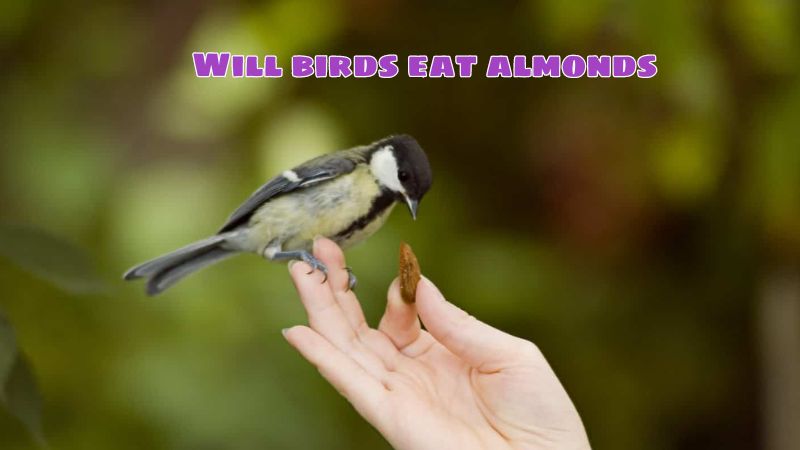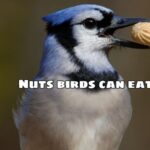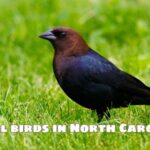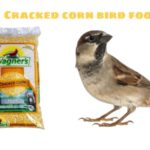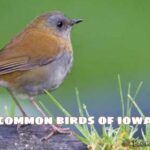Will birds eat almonds? If you’re wondering if birds will eat almonds, the answer is yes. Almonds can be a nutritious snack for birds, providing protein, healthy fats, vitamins, and minerals. However, like any snack outside of their natural diet, there are some precautions you should be aware of. Let’s find out if birds will eat almonds with birdsofjoy.com.
What are almonds?
Almonds are the seeds of the almond tree, a member of the rose family (Rosaceae). Almonds are often referred to as “fruits,” but are actually a type of nut, located inside the hard shell of the fruit. Almonds are native to the Middle East and South Asia, but are now widely grown in many parts of the world, especially in the Mediterranean region and California, USA.
Almonds are very nutritious, containing high levels of protein, unsaturated fats, fiber, vitamin E, magnesium, and many antioxidants. Therefore, almonds are often used as a nutritious food, beneficial for heart health, supporting weight control, and helping to maintain healthy skin. Almonds can be eaten raw, roasted, or processed into products such as almond butter, almond milk, and used in a variety of dishes and drinks.
Will birds eat almonds?
Some backyard birds enjoy eating nuts, including almonds. Some of these birds are:
Blue Jays: They are particularly fond of nuts and may enjoy almonds.
Woodpeckers: These birds are known to eat nuts and seeds and may be attracted to almonds.
Ground and sparrows are little, nimble birds that can eat nuts like almonds, especially if they are broken up into smaller pieces.
Sparrows: Similar to sparrows, they also enjoy nuts and may eat almonds.
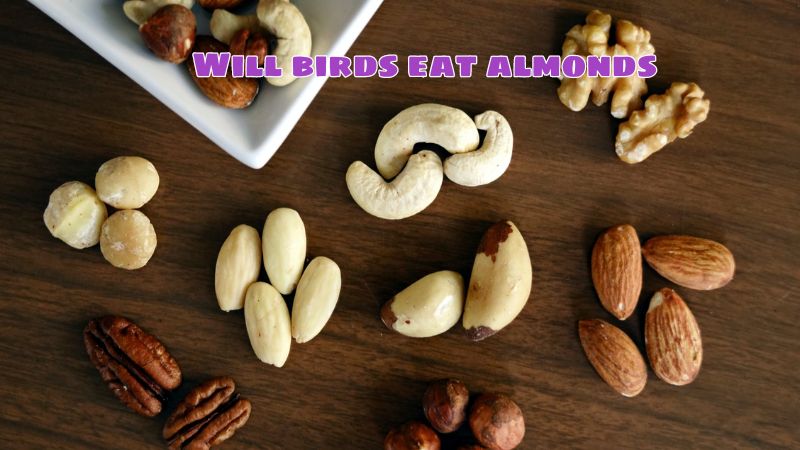
Why Birds Love Almonds
Almonds are not only a nutritious food for humans but are also a favorite food of many birds. Here are the reasons why almonds are popular with birds:
Rich in nutrients: Almonds are rich in protein, healthy fats, and vitamins such as vitamin E and vitamin B, along with essential minerals such as magnesium and calcium. These nutrients are important for the health and development of birds, helping them maintain energy, develop shiny feathers, and improve their immune systems.
Easy to digest: Almonds are quite easy for birds to digest. The soft texture after being crushed or ground helps birds easily absorb nutrients without difficulty in the digestive process.
Delicious taste: Almonds have a mild sweet taste and an attractive natural aroma, attracting birds. This flavor makes them an attractive food, easily sought out and consumed by birds when the opportunity arises.
Good Source of Energy: With a high fat content, almonds provide a rich source of energy for birds, especially during winter when natural food sources are scarce. The fat in almonds helps birds maintain body temperature and resist the cold.
Easy to Preserve and Store: Almonds can be stored for long periods of time without spoiling, providing birds with a stable food source during winter or when food is scarce.
How to Serve Almonds to Birds
Raw, whole almonds are best for birds. To reduce choking hazards and make almonds easier for birds to eat, break them up into smaller pieces.
Avoid feeding salted or roasted almonds (or any nuts) as birds do not need the added salt and any other seasonings that may be added. Candied almonds and chocolate almonds should not be fed to birds.
Steer clear of bitter almonds as well, as they contain compounds that can be poisonous to birds.
Avoid Unwanted Visitors
Be aware that almonds can attract unexpected visitors to your bird feeder! Along with squirrels, you can also attract visitors at night. I recently put nuts in our empty bird bath and they were not eaten during the day. That night, a fox came by for a midnight snack!
I learned that all nuts need to be eaten early in the morning to be consumed during the day!
Frequently Asked Questions
Can Birds Eat Almond Milk?
Almond milk is not recommended for birds. While it is not toxic, it does not provide any nutritional benefits to them and may contain additives such as sugar or sweeteners that are harmful to birds.
Can Birds Eat Almonds in the Shell?
Some larger birds such as jays, crows, and ravens can eat unshelled almonds, but in general, offering almonds in the shell is more practical and safer, especially for mixed backyard bird populations. In this manner, you may accommodate a range of birds and guarantee that each one can safely savor the treat.
In summary, if given appropriately, almonds can be a nutritious treat for birds. Making sure almonds are unsalted and broken into small, easy-to-eat pieces can help make them a safe and enjoyable addition to your backyard bird’s diet. However, always prioritize a balanced diet for birds, including seeds, fruits and insects, which are more natural and nutritious for them.

